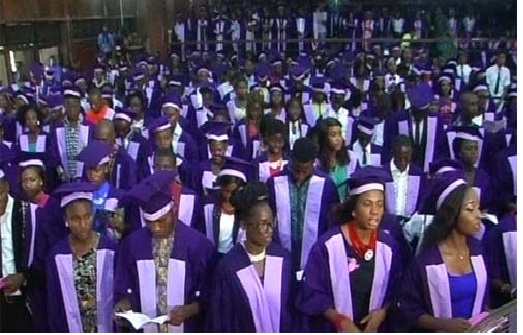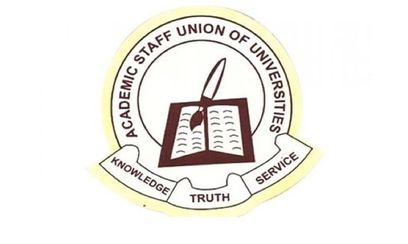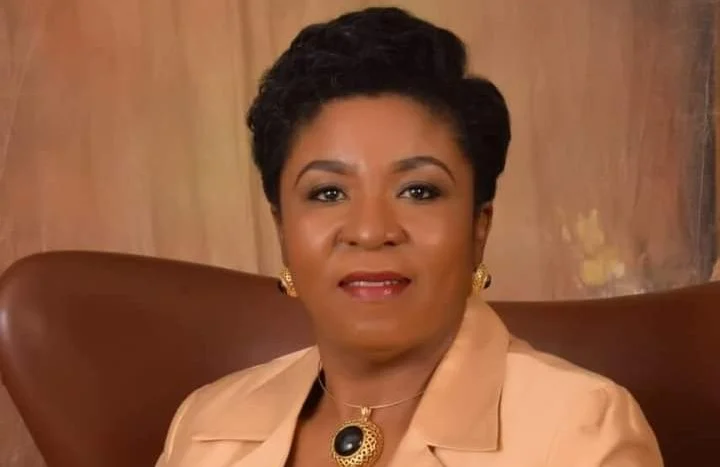18 universities to benefit from TETFund’s N110 billion medical projects


The federal government disclosed yesterday that it is committing N110 billion to improve the education of Medicine, Dentistry, Pharmacy, and Nursing in 18 universities.
The universities with medical faculties named as recipients of this support from the Tertiary Education Trust Fund (TETFund) include the University of Lagos, the University of Ibadan, the University of Benin, Ahmadu Bello University in Zaria, the University of Medical Sciences in Ondo, Nnamdi Azikiwe University in Awka, Bayelsa State University, and Imo State University, Owerri.
Additional beneficiaries are Benue State University, Makurdi; Umar Musa Yar’Adua University, Katsina; University of Nigeria, Nsukka; University of Calabar; Abubakar Tafawa Balewa University, Bauchi; University of Jos; University of Ilorin; University of Maiduguri; Uthman Danfodio University in Sokoto; and Gombe State University.
Each of these institutions is expected to receive around N4 billion, which includes N750 million dedicated to constructing hostels.
Education Minister Tunji Alausa revealed this during the inauguration of the ministerial team overseeing the “TETFund High Impact Intervention Project for Medical Schools’ Rehabilitation Across the Six Geo-Political Zones” in Abuja yesterday.
According to Alausa, the funding, planned to be distributed over a span of five years, is projected to total N1.5 trillion.
“Today, we are deploying over 100 billion in our medical institutions across the country. This N110 billion includes N70 billion on rehabilitation of our medical institutions,” he declared.
The minister also stated that the investment would significantly boost the number of students admitted into the four medical science disciplines.
“With the investment now, in five years we would have invested N1.5 trillion in our medical education,” said Alausa, who also shared that eight simulation laboratories would be built throughout the six geo-political zones.
Reaffirming President Bola Tinubu’s dedication to strengthening both medical training and healthcare in Nigeria, the minister emphasized that the “TETFUND High Impact Intervention Project” is a targeted measure to improve and expand infrastructure within medical institutions.
Minister of State for Education, Prof. Suwaiba Ahmad, highlighted that the program would increase the country’s capacity to train doctors and reduce the number of students going abroad to study medicine.
She continued: “TETFund High Impact Intervention Project for Medical Schools Rehabilitation is one of the government’s key initiatives to foster excellence in medical education, enhance the quality of healthcare training, and equip our future doctors and healthcare professionals with the skills and facilities necessary to meet the demands of an ever-evolving medical landscape.”
“The government, through the intervention of TETFund, has demonstrated its unwavering commitment to improving these facilities. This initiative seeks to rehabilitate and upgrade medical schools across the country, ensuring that the next generation of healthcare professionals is trained in state-of-the-art environments that reflect global best practices.”
Sonny Echono, Executive Secretary of TETFund, explained that the committee is part of the minister’s larger strategy to strengthen medical training by maximizing the use of “TETFund High Impact Intervention Projects” to meet urgent national health priorities.
He remarked, “This has been designed to improve infrastructure in medical schools through the rehabilitation of lecture theatres and laboratory facilities, thereby enhancing capacity to take in and produce more doctors and nurses. Dentists and pharmacists for the nation.”
Echono urged the committee members to commit fully to making the initiative successful.
The 12-member committee is headed by Prof. Suleiman Alabi of the Association of Provosts of Colleges of Medicine.
Their responsibilities include making sure the project’s objectives are followed, overseeing the appropriate use of the funding, and keeping thorough documentation.
The team is also instructed to ensure that the resources allocated for renovating medical schools are “judiciously used.”









